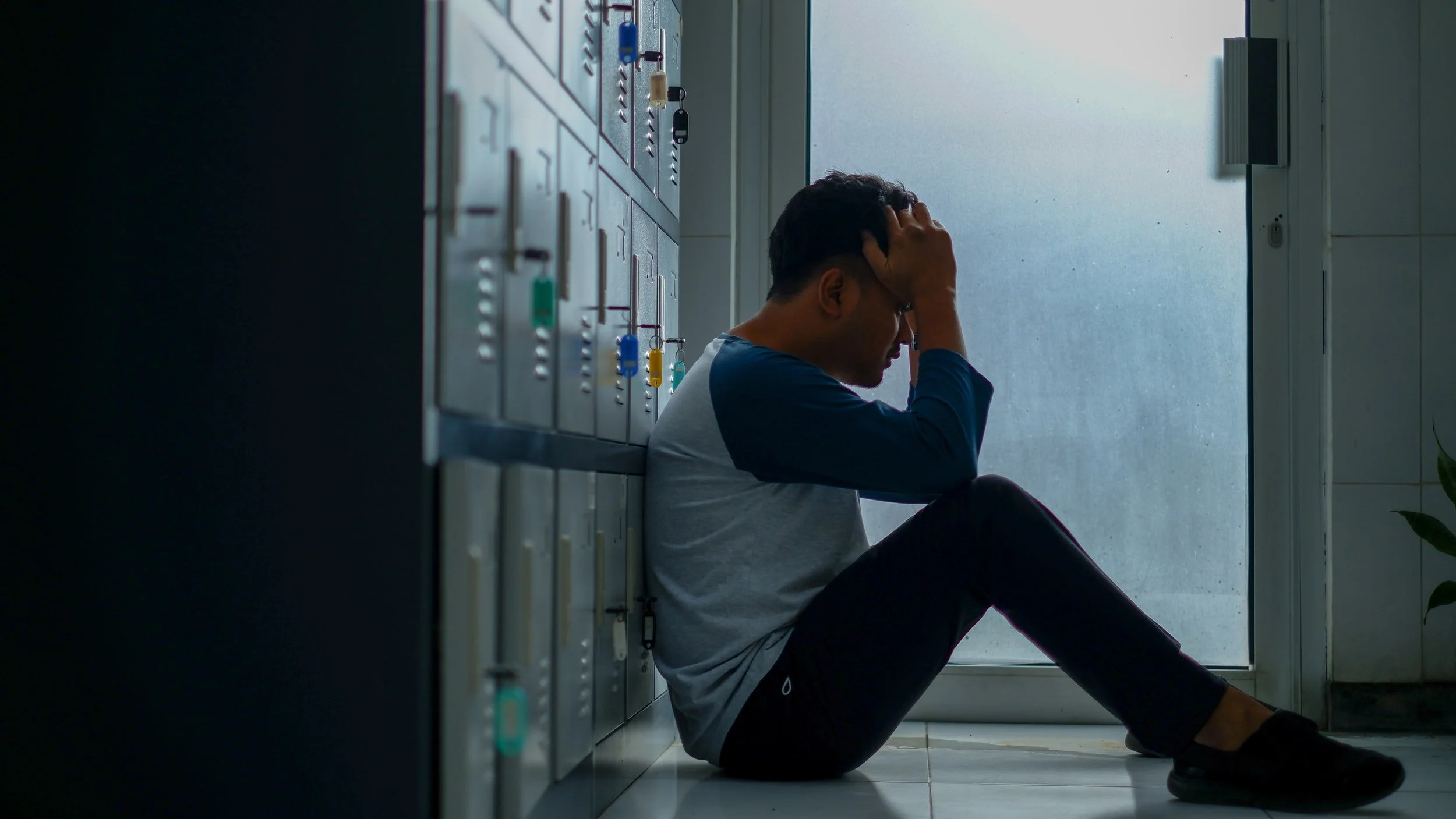I was at a party last weekend with a group of friends. A 50th birthday party, as we are all heading ever closer to that big number!!It was a lovely evening, catching up with friends, some of whom I...
I was at a party last weekend with a group of friends. A 50th birthday party, as we are all heading ever closer to that big number!!
It was a lovely evening, catching up with friends, some of whom I haven�t seen for quite a while so there was a lot of standing and talking.
As we were leaving the party one friend stated how her back was sore from all of the standing, followed by a few other friends complaining of the same, �oh yes my back!�. I realised that my back was completely fine.
I have heard this type of comment many times, '�my back hurts from standing�, "my knees hurt from walking, particularly downhill�, �I can�t run as it hurts my knees�, and I get it as my back used to hurt when I stood too.
What�s interesting about these comments are the ideas that it is the activity in itself that is causing the problem. Therefore the idea that if I just stop the specific activity then it will alleviate the symptoms.
This idea is so common in our society and so often means that people restrict their activities and lifestyle in so many ways. I can�t run anymore because it hurts my knees, I can�t go to the theatre as my back hurts if I sit for too long. Or even more subtle levels of avoiding activities like bending to pick something up from the floor.
It is rare that someone thinks that �how� they are doing the activity is what is causing the symptoms. Then even if they do, they rarely think that it is possible to change.
The bad back in standing is quite likely to be caused by overarching the lower back, or a throwing the pelvis forward and down.
Of course it is possible that someone might know that they overarch their lower back, or throw their pelvis forward and down, but even then it is likely that they will try to fix it directly by pulling the tummy in or shifting the pelvis in a different direction. The problem here however is that they haven�t changed the whole pattern, only one individual part.
There is a way to change this, and in fact to change the whole way of thinking about your self in anything you do. This new way doesn�t involve lots of exercises, strength training or stretches. It does involve a little time to make the necessary changes but then it gives you the tools, not only to prevent an achy back in standing but to prevent giving up on things that you love because of the little niggles everywhere. And I certainly know how much better it feels now in my nearing 50 year old body than it did in my 20 something year old body.
So if you are interested in finding better ways to move at any age then get in touch.














